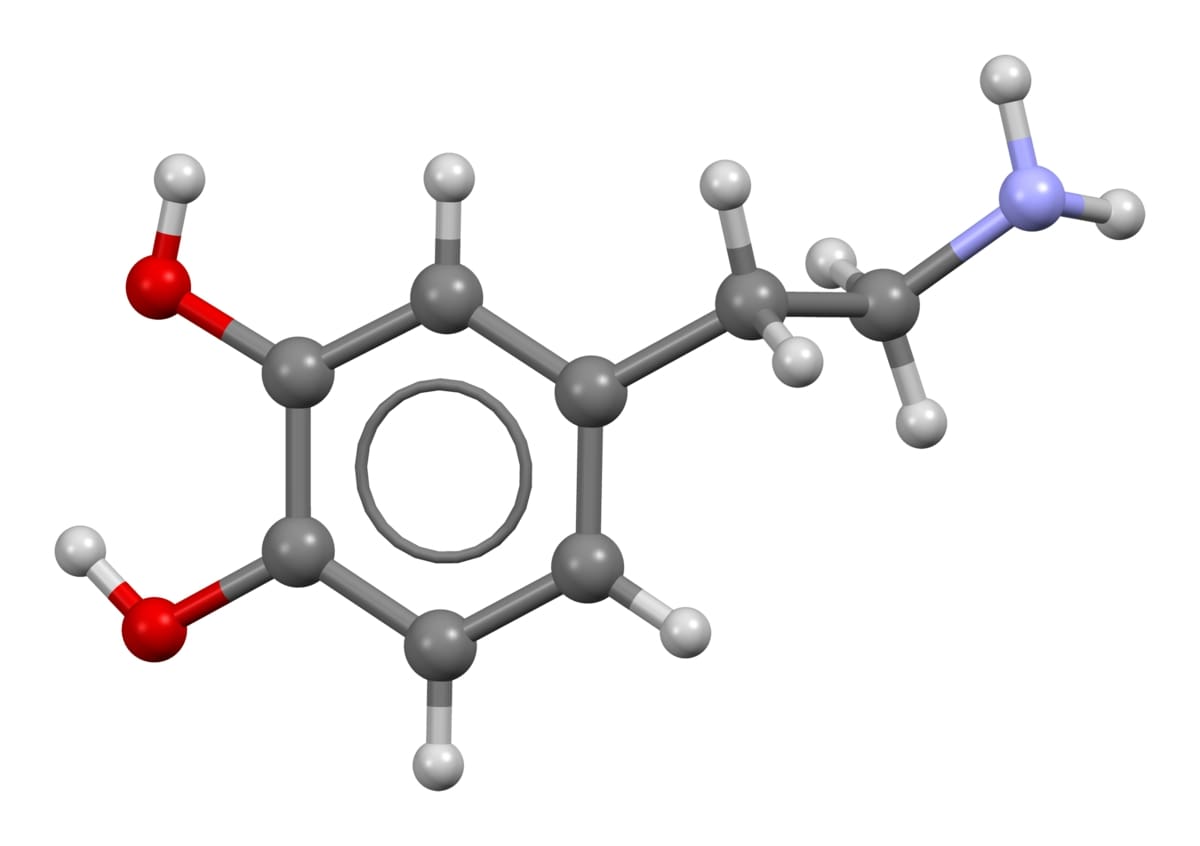
Cocaine Use and the Catecholamine System: The Role of Dopamine and Tyrosine in Cocaine Recovery
Cocaine, a powerful stimulant derived from coca leaves, is notorious for its addictive properties and detrimental effects on physical and mental health. One of the key factors contributing to its highly addictive nature is its profound impact on the catecholamine system, particularly the neurotransmitter dopamine. Understanding the intricate relationship between cocaine, dopamine, and the potential role of tyrosine in supporting cocaine recovery is crucial for addressing addiction and promoting rehabilitation.
The Catecholamine System and Dopamine
The catecholamine system is a group of neurotransmitters that includes dopamine, norepinephrine, and epinephrine. These neurotransmitters play essential roles in regulating mood, motivation, pleasure, and the body’s stress response. Dopamine, in particular, is central to the brain’s reward and pleasure pathways.
How Cocaine Affects Dopamine
Cocaine exerts its euphoric effects by interfering with dopamine regulation in the brain. It accomplishes this by blocking the reuptake of dopamine, the process by which the neurotransmitter is recycled back into the transmitting neuron after signaling. As a result, dopamine accumulates in the synaptic cleft, leading to a prolonged sense of pleasure and reward. This heightened dopamine activity is responsible for the intense, short-lived euphoria experienced by cocaine users.
The Dopamine-Addiction Connection
Repeated cocaine use can lead to long-lasting changes in the brain’s reward circuitry. Over time, the brain becomes less responsive to natural rewards, such as food and social interactions, and more attuned to the artificial reward provided by cocaine. This shift in reward sensitivity contributes to the development of addiction.
Withdrawal and Cocaine Recovery
When individuals addicted to cocaine attempt to quit, they often experience withdrawal symptoms, which can be both physically and psychologically distressing. These symptoms, which include depression, anxiety, and intense cravings, are closely tied to the dysregulation of dopamine and the catecholamine system.
Tyrosine: A Potential Support for Cocaine Recovery
Tyrosine is an amino acid and a precursor to dopamine. It plays a critical role in the synthesis of dopamine and other catecholamines. Given the disruption of the catecholamine system in cocaine addiction, tyrosine supplementation has been explored as a potential aid in cocaine recovery.
- Dopamine Repletion: Tyrosine supplementation may help restore depleted dopamine levels in individuals recovering from cocaine addiction. By providing the building blocks necessary for dopamine synthesis, tyrosine could potentially mitigate some withdrawal symptoms.
- Stress Resilience: Cocaine withdrawal often involves heightened stress responses, as the catecholamine system is intricately linked to the body’s stress response. Tyrosine has been studied for its potential to enhance stress resilience, which could help individuals manage the psychological distress of withdrawal.
- Cognitive Function: Some research suggests that tyrosine supplementation may improve cognitive function, including attention and memory. This could be beneficial for individuals in recovery, as cocaine addiction can have detrimental effects on cognitive abilities.
- Mood Stabilization: By supporting the production of dopamine and other catecholamines, tyrosine might aid in stabilizing mood and reducing symptoms of depression and anxiety during the early stages of cocaine recovery.
Cocaine addiction is a complex and challenging condition that profoundly affects the catecholamine system, with dopamine playing a central role. While tyrosine supplementation shows promise as a potential support for cocaine recovery, it is essential to emphasize that recovery from cocaine addiction requires a comprehensive and individualized approach. This may include behavioral therapy, counseling, social support, and medical interventions.
Consultation with professionals and addiction specialists is crucial for individuals seeking to overcome cocaine addiction. Tyrosine supplementation should only be considered as part of a broader treatment plan and under the guidance of healthcare providers. Addiction is a multifaceted issue, and addressing it effectively requires a holistic approach that addresses the physical, psychological, and social aspects of the condition.